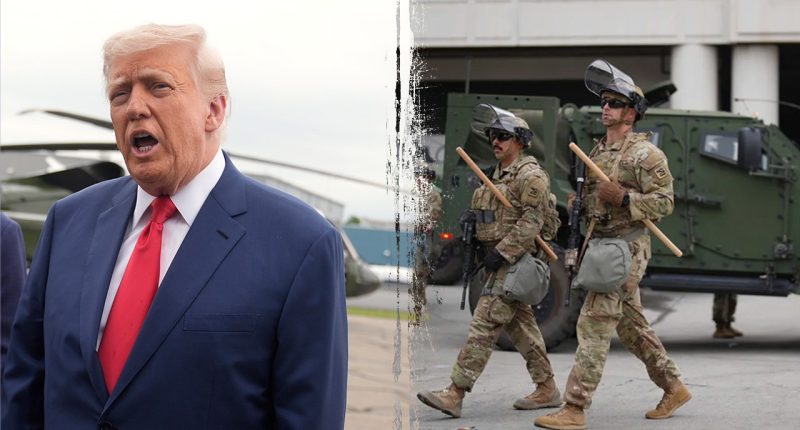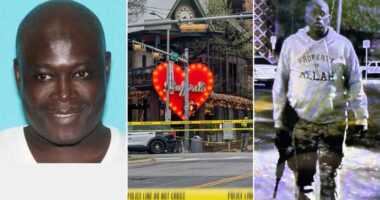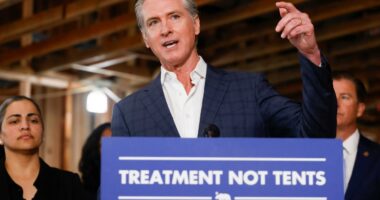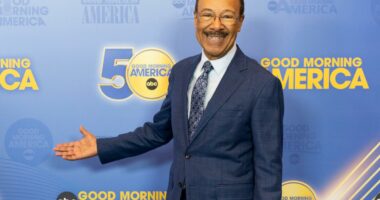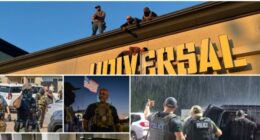Share this @internewscast.com
A federal judge recently questioned whether the Trump administration’s military presence in Los Angeles violates the Posse Comitatus Act, a law that prevents military forces from engaging in civilian law enforcement activities within the United States.
This query arose as California continued its legal opposition to President Donald Trump’s decision to deploy troops to handle protests against ICE in Los Angeles, bringing the case back to a San Francisco federal courtroom for a brief hearing. This follows a favorable decision for the Trump administration from an appeals court, with the 9th Circuit panel permitting the president to maintain command over National Guard units sent to manage the demonstrations.
U.S. District Judge Charles Breyer refrained from making any new rulings during the session but requested both parties to submit briefs by noon on Monday to discuss whether the federal department’s actions were in violation of the Posse Comitatus Act.
California Gov. Gavin Newsom, a Democrat, said in his complaint that “violation of the Posse Comitatus Act is imminent, if not already underway” but last week, Breyer delayed considering that allegation.
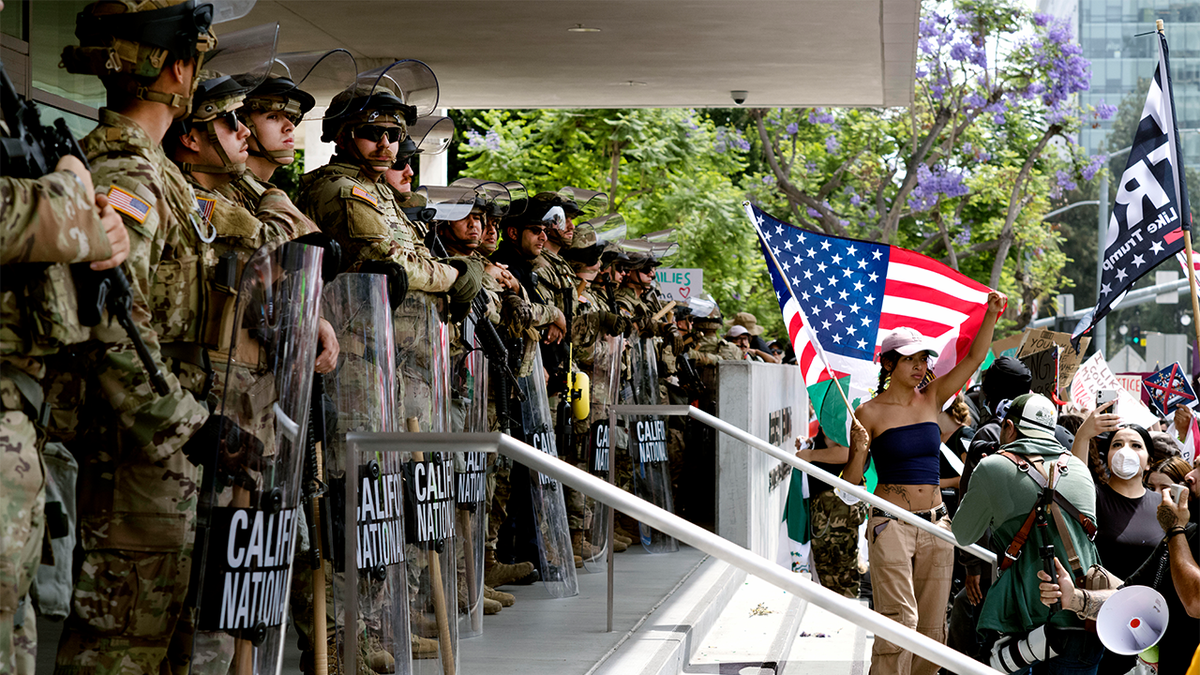
Trump argued that the troops are needed to restore order, while Newsom said their presence on the streets escalated tensions and wasted resources. (AP)
“The protests in Los Angeles fall far short of ‘rebellion,'” Breyer said.
The administration argued that courts cannot second-guess the president’s decisions. The appellate panel ruled that presidents do not have unchecked power to seize control of a state’s National Guard, but also said that by pointing to violent acts by protesters in this case, the administration had presented enough evidence to show it had reason for federalizing the troops.
The California National Guard will stay under federal control, at least for now, as the lawsuit proceeds.
This is the first federal deployment of a state National Guard without the governor’s permission since troops were sent to protect Civil Rights Movement marchers in 1965.
